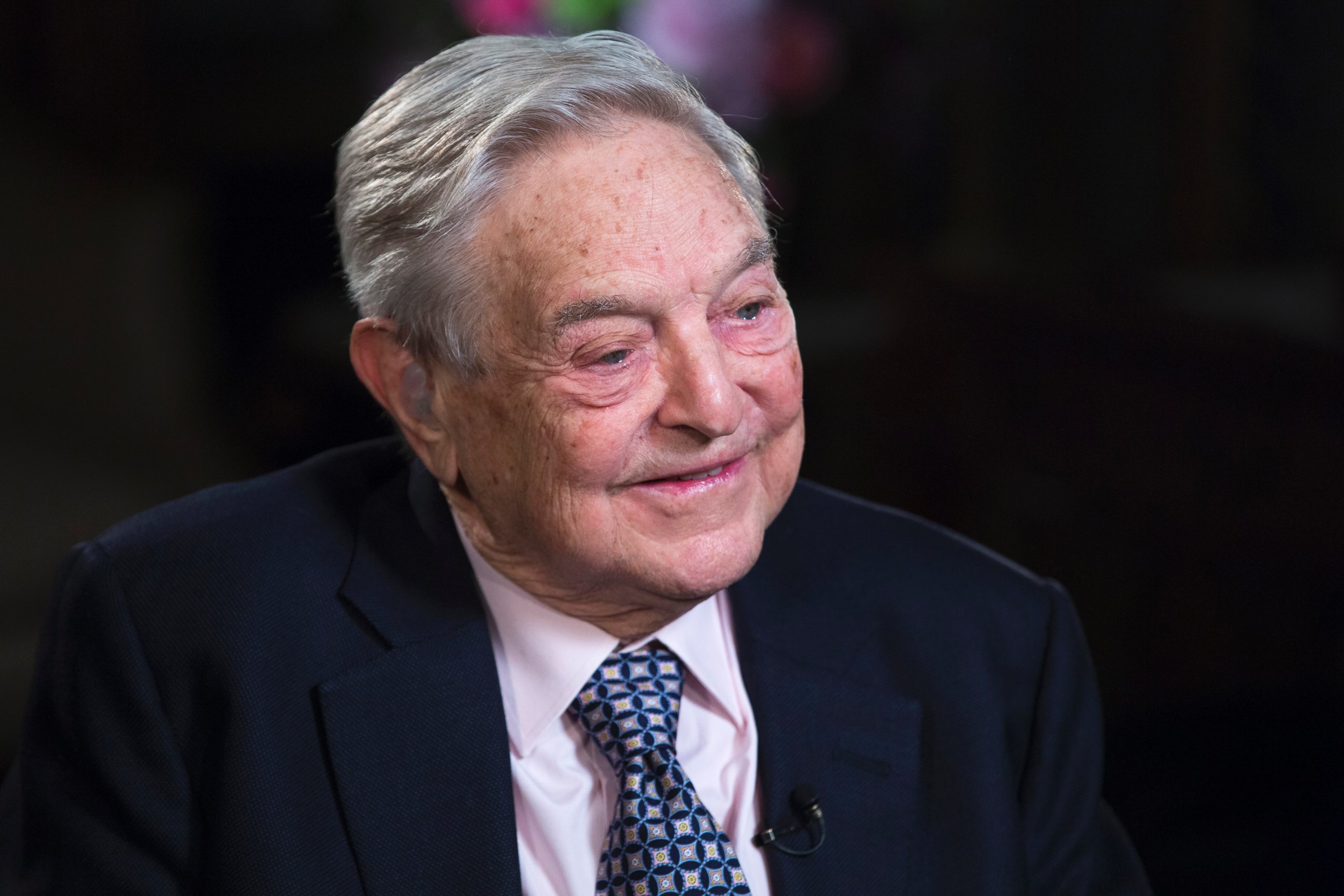What the Financial Gurus Say About Volatility as Stocks Go on Roller Coaster Ride
Here's what financial gurus can teach us while U.S. shares swing up and down.
— -- Investors around the globe could use some advice from experts on volatility as the major U.S. stock indices surged today following worst day for the Dow Jones industrial average in four years.
The more than 2 percent jump as of early afternoon today follows a bloodbath on Monday, when the Dow closed lower by more than 588 points at the closing bell, down about 3.6 percent.
After a global sell-off in the last three trading days, investors were concerned about a slowdown in the world's second-biggest economy, China, and how that could affect trade and U.S. businesses.
Here are some words from people commonly referred to as experts, or, at least people who've profited from situations like this:
1. Warren Buffett
In his annual letter to shareholders this year, Berkshire Hathaway CEO Warren Buffett wrote that that students in business schools are erroneously taught that "volatility is almost universally used as a proxy for risk."
But Buffett asserts, "Volatility is far from synonymous with risk. Popular formulas that equate the two terms lead students, investors and CEOs astray."
2. Bill Gross
William "Bill" Gross, sometimes referred to as the "Bond King" and founder of Pacific Investment Management, or PIMCO, is now lead portfolio manager with Janus Capital. But when he was still managing director at PIMCO, he touched on volatility in one of his investment outlook notes in April 2013.
"PIMCO’s epoch, Berkshire Hathaway’s epoch, Peter Lynch’s epoch, all occurred or have occurred within an epoch of credit expansion -- a period where those that reached for carry, that sold volatility, that tilted towards yield and more credit risk, or that were sheltered either structurally or reputationally from withdrawals and delevering (Buffett) that clipped competitors at just the wrong time -- succeeded. Yet all of these epochs were perhaps just that – epochs," Gross wrote.
In summary, he writes, "Investors should be judged on their ability to adapt to different epochs, not cycles. An epoch may be 40-50 years in time, perhaps longer."
3. George Soros

In his 2003 book, "The Alchemy of Finance," the chairman of Soros Fund Management wrote, "short-term volatility is greatest at turning points and diminishes as a trend becomes established."
"By the time all the participants have adjusted, the rules of the game will change again," he wrote.
4. Paul Volcker
Fifteen years ago, former Federal Reserve Chairman Paul Volcker lamented about the volatile, "instantaneous" nature of capital movements "combined with the technology that leads everybody to be an expert on everything and leads to very quick decision making," leading to more volatility. He spoke with PBS in 2000 following the Asian financial crisis of the late 1990s.
"There is a potential difficulty that globalism and modern technology for growth comes up against the degree of volatility that will undermine the process. We haven't got an answer to that yet, but in Asia, where we had a great crisis, there's a certain amount of self-congratulation these days that the crisis is behind us," Volcker said.
Get real-time updates as this story unfolds. To start, just "star" this story in ABC News' phone app. Download ABC News for iPhone here or ABC News for Android here.




